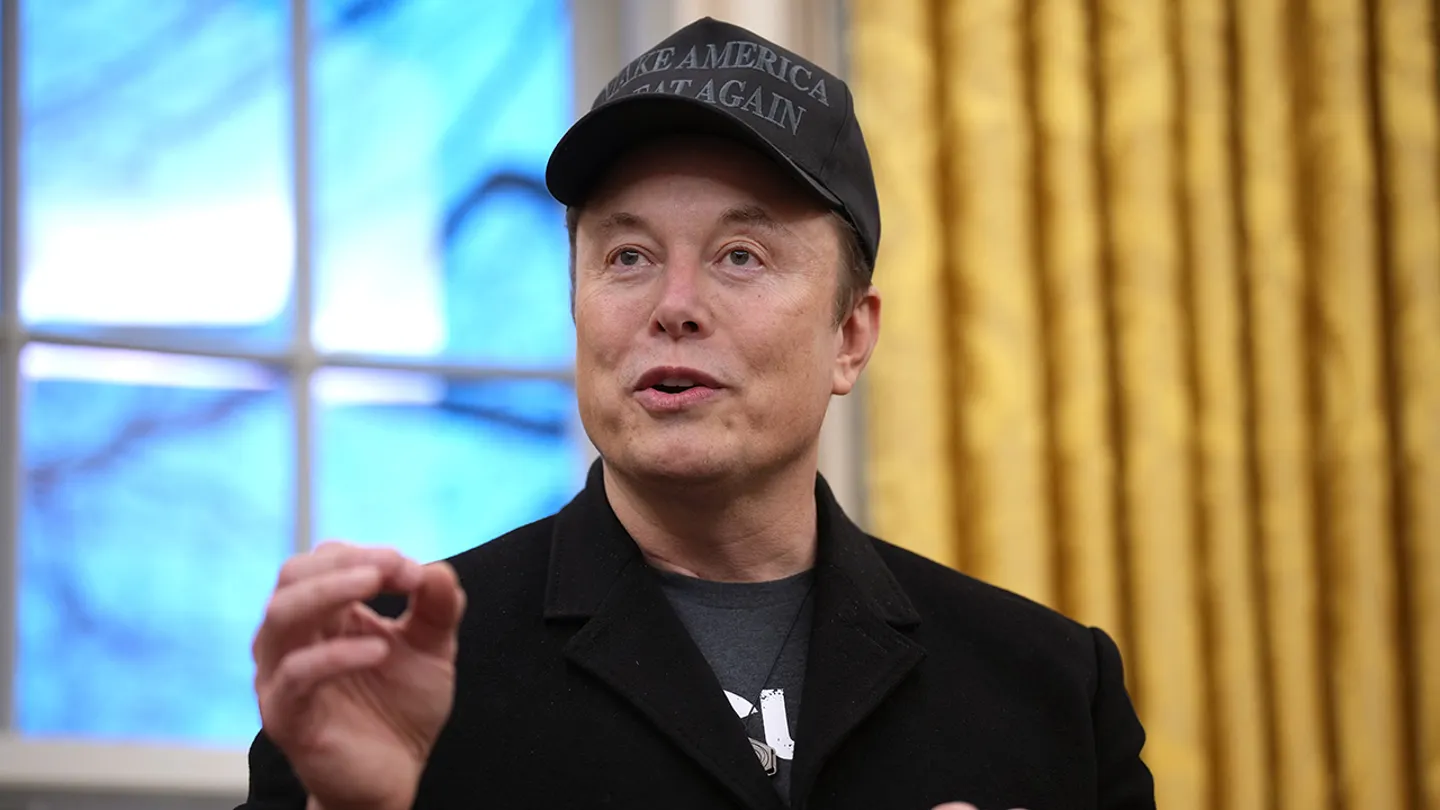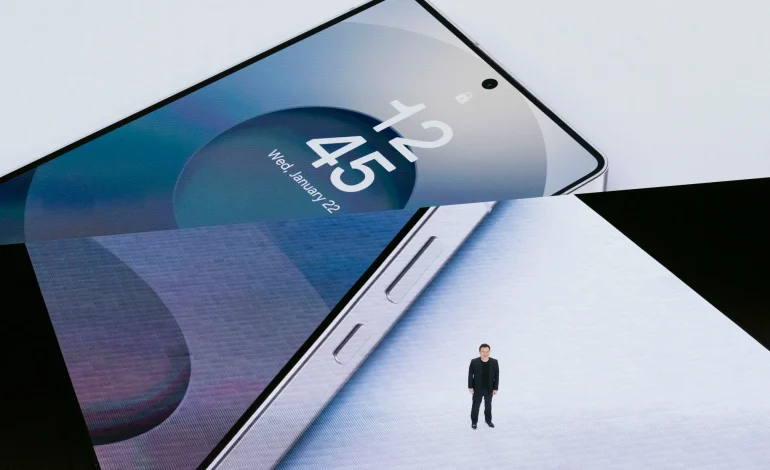Samsung Electronics Co. and its largest labor union have reached a preliminary agreement on a 5.1% wage increase and stock awards for employees in 2025, a move aimed at easing labor tensions that culminated in the company’s first-ever strike last year, Bloomberg reports.
The agreement signals a proactive approach to resolving disputes and regaining ground lost to competitors in key market segments.
The landmark deal includes a first-time stock grant of 30 shares to all employees, valued at around $1,200 based on Monday’s closing price. In addition, employees will be able to purchase up to 2 million won ($1,400) worth of Samsung electronics products at a discounted rate.
Beyond compensation, Samsung is taking an unprecedented step by offering to rehire retirees with three or more children, aligning with national efforts to combat South Korea’s rapidly declining birth rate.
The National Samsung Electronics Union, representing some 37,000 workers, will vote on the tentative agreement between February 28 and March 5.
The agreement comes at a critical juncture for Samsung. In 2024, the tech giant lost more than a third of its market value, struggling to keep pace with SK Hynix Inc. in the race to supply advanced memory for Nvidia Corp.’s AI accelerators. The company also faces intensifying competition from Chinese rivals in the smartphone and consumer electronics markets. Samsung’s shares reacted negatively to the news, sliding 1.6% in Seoul trading.
The tentative agreement marks a significant step toward resolving simmering labor issues that boiled over last summer when pay and bonus negotiations collapsed, leading to the historic strike. Historically, Samsung has determined wage increases through a council comprised of representatives from both the company and the union.
In January, Samsung addressed another key demand from the labor union by deciding to provide a portion of executives’ bonuses in stock, a departure from the previous all-cash bonus structure.
The retiree re-hiring policy targeting those with large families is seen as a direct response to South Korea’s extremely low birthrate, which stood at a mere 0.72 children per woman in 2023. The government is investing over 380 trillion won in incentives to boost the birth rate, including subsidies for prenatal care and monthly cash payments to families with young children.
Samsung joins a growing list of South Korean companies addressing the birth rate crisis. Booyoung Group, a housing construction firm, has begun awarding 100 million won (about $70,000) to each employee who has given birth since last year. Gaming company Krafton Inc. is also planning to offer similar cash incentives to its employees.








